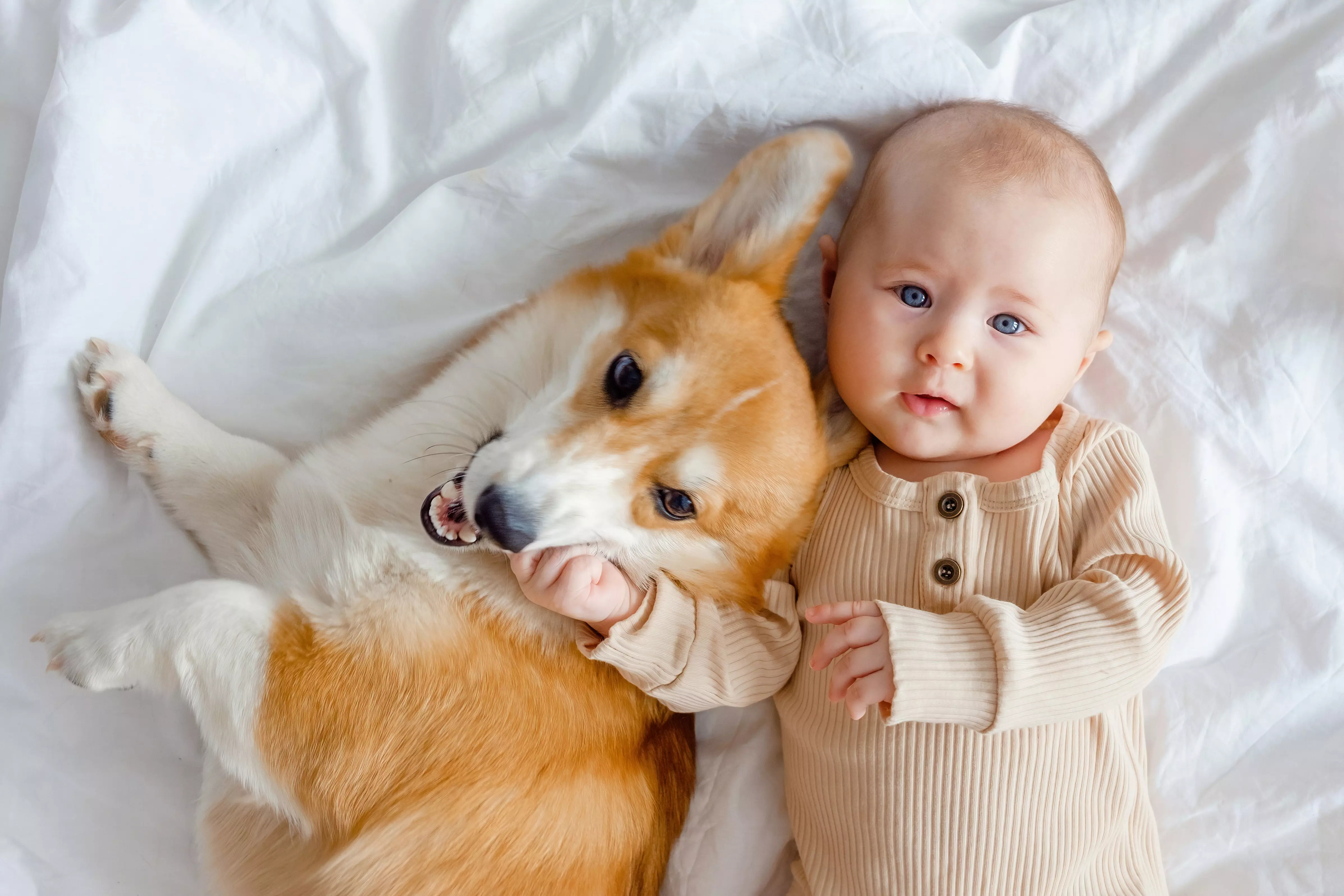Cow's milk protein allergy and the impact on a child's social functioning
Cow's milk protein allergy and the impact on a child's social functioning
Introduction
Cow's milk protein allergy is one of the most common types of food allergy in children. It primarily affects infants and young children who are unable to digest cow's milk protein. While this allergy may seem innocuous, it can have a serious impact on a child's social functioning. In this article, we will discuss the symptoms of cow's milk protein allergy and its impact on a child's social life.
Symptoms of cow's milk protein allergy
Cow's milk protein allergy can manifest itself in various ways. Typical symptoms include: rash, hives, swelling of the lips, tongue or throat, vomiting, diarrhea, constipation, abdominal cramps, excessive gas production and irritability. If a child has more than one of these symptoms at the same time, it is worth consulting a pediatrician, who can confirm a cow's milk protein allergy and recommend appropriate treatment.
Diagnosis of cow's milk protein allergy
Diagnosis of cow's milk protein allergy can be difficult because the symptoms may resemble other conditions. To confirm the allergy, your doctor may perform skin tests or blood tests to help determine your body's reaction to cow's milk protein. It is important to take sufficient time to diagnose and implement appropriate treatment to minimize the effects of the allergy on the child's social functioning.
Effects on a child's social life
Cow's milk protein allergy can have a significant impact on a child's social life. In the first years of life, a child attends a preschool or kindergarten where products containing cow's milk protein are often consumed. Children with allergies must avoid such products, which can lead to social isolation. They may feel alienated or different compared to their peers.
The impact of allergies on social life can also be present at family gatherings or parties with friends. Often at such gatherings, food that may contain cow's milk protein is served. A child with an allergy may feel uncomfortable not being able to eat such foods as other children. This can affect his sense of belonging to a group and integration with his peers.
Social support for children with allergies
It is important that children with cow's milk protein allergy receive support from both parents and the social environment. Parents should educate other family members, teachers and other caregivers about their child's diet and allergy restrictions. Joint activities, such as cooking substitute foods, can help the child feel more accepted and supported.
Kindergartens and schools should facilitate access to safe meals for children with cow's milk protein allergies and inform teachers about the child's special dietary rules. It may also be beneficial to hold educational workshops for other children so they understand the consequences of cow's milk protein allergy and what they need to watch out for.
Summary
Cow's milk protein allergy can have a serious impact on a child's social functioning. It requires appropriate diagnosis and treatment to minimize symptoms and provide support for the child in daily life. Parents, family and social environment have a key role in providing support and understanding for children with cow's milk protein allergy. Actions taken in this direction can help the child feel accepted and integrate with peers.